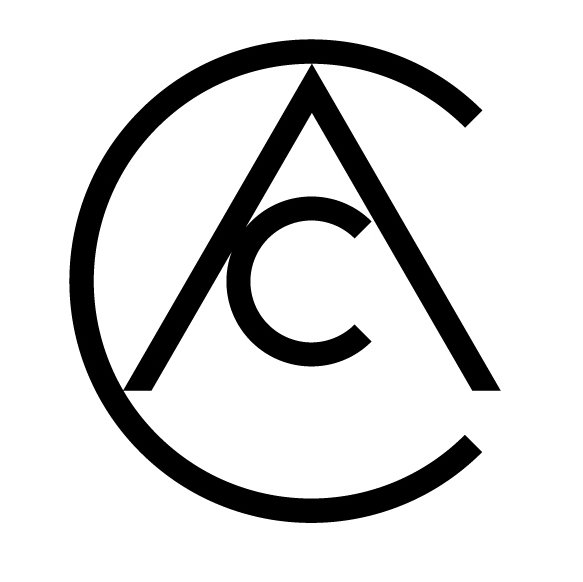Interview with Anastasia Yanchuk
Can you share with us what initially drew you to art during your childhood in Moscow, and who or what were your earliest influences in drawing and painting?
I think that painting and drawing make part of childhood for a lot of kids.
Of course during child years for me it was the way to express feelings, emotions, the way to develop patience, attention and focus.
For my luck my parents supported me in the way I expressed myself. I was free to paint on walls and other things. So thanks to my parents I have grown with a sense of freedom of expression and with idea that painting makes part of my everyday life.
I spent my childhood between Russia (I was born in Moscow, but lived in Moscow region: in small city Sofrino) and Ukraine (Zhytomyr and Ternopil) where lived my grandparents. Grannies brought me to museums to see artworks.
So all my family (parents, grandparents) gave me a cultural impact!
You pursued studies at Russia's State University and later at the International Academy of Business and Management. How have these academic experiences shaped your approach to art and design?
I could say it was a classical education with a lot of restrictions. It was more about following well-accepted rules, but not about freedom in art. It was an excellent basic knowledge, fundamentals of art that probably every artist must know for empowering an own talent.
Moving from Russia to Italy must have been a significant change. How did this relocation influence your artistic style and perspective? You took a 5-year break from your art career. Can you elaborate on what prompted this hiatus and how it impacted your artistic journey? After your break, you returned to painting classes. What inspired this decision, and how did it feel to re-immerse yourself in the world of art?
At the moment when I have moved to Italy I have abandoned art (painting). I felt mentally exhausted after graduating. So I took a break in an design career and dedicated time to learn Italian language, to a work in tourism and consulting.
But after few years I felt a necessity to paint.
I have enrolled painting courses and started again. Without rigid rules I have discovered an illimited world of materials, techniques!
What led to the decision of adopting 'Nati' as your artist name, and does it hold any special meaning for you?
For a lot of years a dance (bellydance) was my hobby. When I lived in Milan I went to dancing classes. My teacher and collegues called me Nati. It was like a short form of my name.
Dance is also a form of art. So when I returned to painting – I have decided to keep an art name Nati.
Actually I use both forms of name.
As an artist and activist, how do you intertwine your activism with your art? Can you give examples of how your work has reflected your activist pursuits?
The principal theme in my art: femininity and image of women varying across different cultures and ethnic identities. The goal is to focus attention on differences, particularities to emphasize a unique aspect of the beauty of each woman. My aim is to create artworks that influence, inspire and motivate women encouraging them to be stronger, more confident but without forgetting about their women sensual nature.
I think it is very important considering a problems with abuse and violence against women.
How have your artistic influences and style evolved since you began your career, especially after moving to Alba, Italy?
I can’t say that my style has changed a lot. I have always created a realistic paintings. But of course I have enriched my knowledge, improved my skills. Art and painting is a magical illimited journey. It is always interesting to explore new forms and materials to render an art more impressionable.
Could you tell us about your current projects or pieces you are working on and what themes or messages you are exploring through them?
Currently I’m working on few art projects that will be held in Europe in collaboration with my Canadian partners.
I continue to create artworks which are representation of women in Art.
What advice would you give to young artists who are just starting out, especially those who might be facing similar transitions and challenges in their lives and careers?
I think these advises are good for all humans, not only for artists. But as a lot of artists have highly sensitive nature I could recommend:
to believe in themselves (even when someone tells that art is useless and not serious);
keep learning, improving skills and discovering new;
to be wise, philosophic and patience to criticism;
to remember that Art is a vital part of human existence!

















